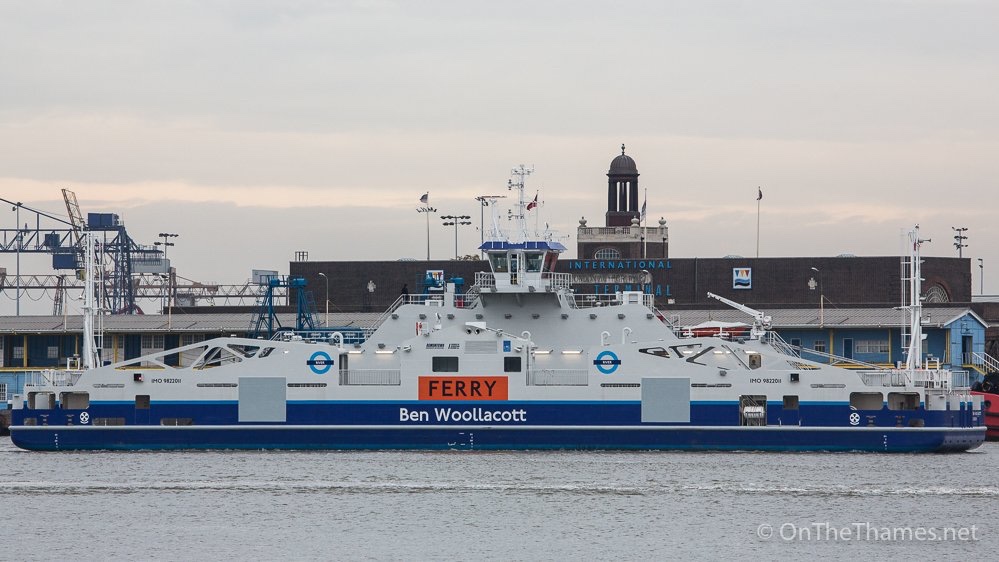Woolwich Ferry faces 5-day strike as TfL fails workers

Workers will strike for five days from Monday 24 October
TfL refuses to discuss pay as inflation reaches 12.3 per cent
The unmitigated failure of TfL (Transport for London) managers to discuss pay with Woolwich Ferry workers means Unite will stage a five day strike.
The strike begins on Monday 24 October and ends on Friday 28 October. 87% of the workers who took part in the ballot voted for strike action.
The workers currently face a toxic combination of an employer refusing to discuss a pay deal for 2022, and management victimising and unfairly suspending workers on the service. Unite is challenging the inconsistent treatment of a number of older staff who have been unfairly suspended or dismissed. The service has also refused to discuss the over-reliance on agency workers and alternative working arrangements.
Unite general secretary Sharon Graham, said: “TfL has squandered the time it had to reach a resolution with the workforce. It is absolutely unacceptable for the ferry service to refuse to discuss improving pay in the middle of a cost of living crisis.
“The workers will begin strike action next week and they have the union’s rock solid support. The sooner TfL bosses realise that they must put forward a genuine proposal to end this dispute the better.”
The troubled ferry operation has been plagued by poor employment relations for years, first with the previous operator Briggs Marine Contractors Ltd and now with TfL which has led to more than 30 days of strike action during 2021.
Unite regional officer Onay Kasab said: “This dispute clearly proves that regardless of the political colours worn by the employer we will steadfastly support our members.
“This is a Labour mayor under a Labour majority GLA who run TFL. They have failed these workers time and time again. Unite is determined to focus on the workplace and take the necessary action to win fair pay and to defend workers.”
The free service across the Thames opened in 1889 following the abolition of tolls across bridges to the west of London. There has been a ferry in place at the site since the 14th century.




